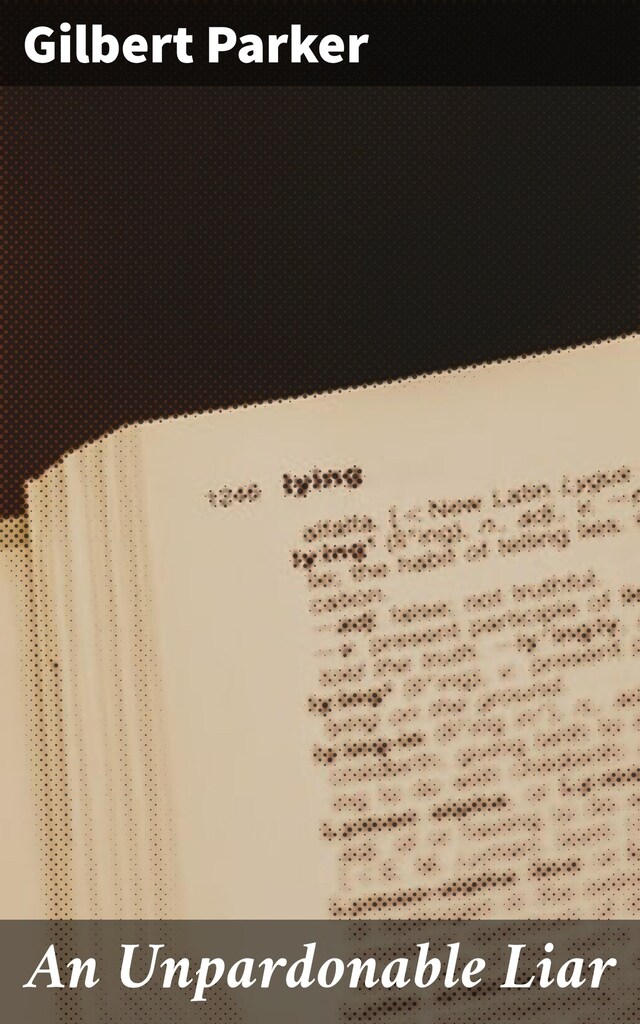
An Unpardonable Liar
Exploring Deception and Morality in 19th Century Political Fiction
Description of book
In "An Unpardonable Liar," Gilbert Parker weaves a complex narrative that delves into themes of deceit, identity, and the intricacies of human relationships. Set against the vivid backdrop of early 20th-century Canada, Parker's prose is characterized by its rich imagery and psychological depth, elevating the tale beyond mere melodrama. The novel explores the impacts of deception not only on personal bonds but also within the broader societal context, revealing the moral dilemmas people face in pursuit of truth and connection. Parker's affinity for character-driven storytelling and his nuanced exploration of societal norms highlight the era's tensions and contradictions. Gilbert Parker (1862'Äì1932) was a prominent Canadian novelist and playwright whose works often reflected the cultural landscape of his time. His experiences as a journalist and his intimate knowledge of Canadian life profoundly influenced his writing. "An Unpardonable Liar" emerges from his keen observation of human nature and the struggles between authenticity and pretense, encapsulating the author's preoccupation with moral complexity in interpersonal dynamics. For readers who appreciate psychologically intricate narratives and a critical examination of moral choices, Parker's "An Unpardonable Liar" is a compelling read. The novel's exploration of truth and falsehood will resonate with those intrigued by character studies that probe into the human psyche and the societal dynamics that shape our identities.
 Gilbert Parker
Gilbert Parker 75 Pages
75 Pages